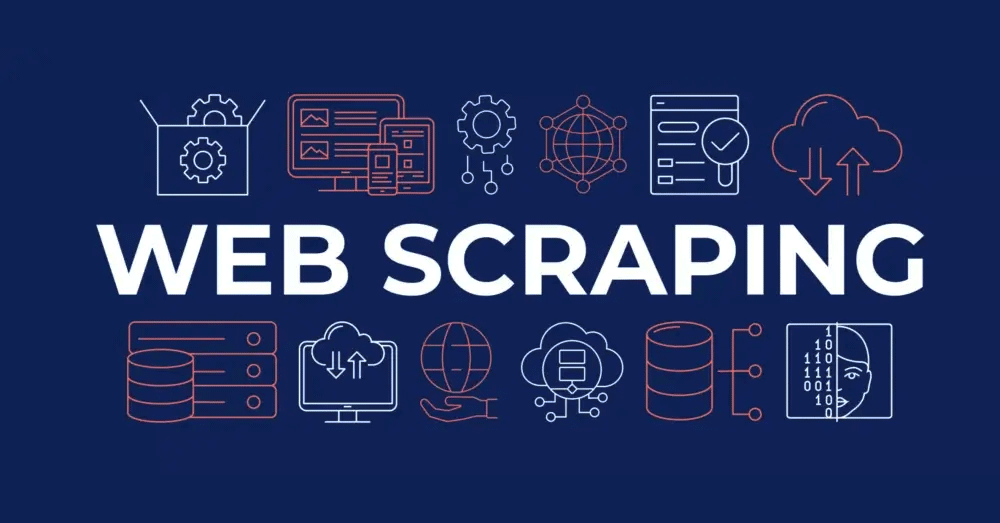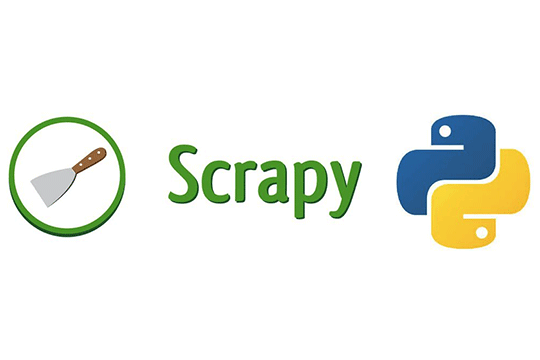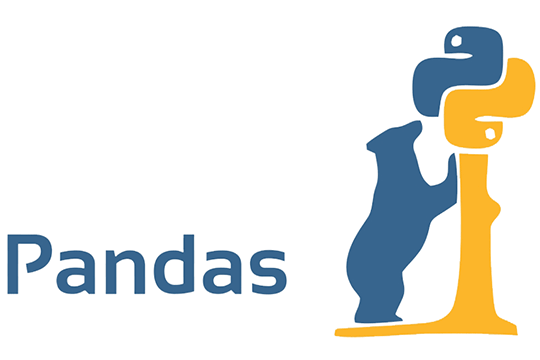
Web Scraping
Pykara Technologies offers specialized web scraping services to transform online data into valuable insights for your business. Utilizing advanced tools and ethical practices, we provide efficient data extraction solutions tailored to your needs.
What is Web Scraping?
Web scraping automates the collection of large volumes of data from websites, saving time and resources. This data is essential for business analysis, market trend tracking, competitor monitoring, and other strategic uses.
Our Technology Stack:
- Python: Our primary language for web scraping, offering simplicity and a rich library ecosystem.
- BeautifulSoup & Scrapy: Python frameworks for efficient data extraction from HTML and XML files.
- Selenium: For dynamic data extraction, particularly from JavaScript-heavy sites.
- Pandas: Used for data cleaning, transformation, and analysis post-extraction.
- Proxy Servers and VPNs: To maintain ethical scraping standards and avoid IP bans.
- Database Systems: SQL (MySQL, PostgreSQL) or NoSQL (MongoDB) for data storage and management.
Our Process:
- Objective Definition: Collaborating to identify your data needs, target websites, and scraping frequency.
- Scraper Development: Creating a custom scraper using our robust technology stack.
- Testing: Ensuring accuracy, reliability, and efficiency of the scraper.
- Deployment & Maintenance: Launching the scraper and providing ongoing updates for continuous effectiveness.
- Data Delivery: Delivering scraped data in your preferred format (CSV, Excel, JSON, or direct database integration).
At Pykara Technologies, we harness the power of web scraping to provide you with the data insights required to drive your business forward. Contact us to discover how our customized web scraping solutions can benefit your organization.





